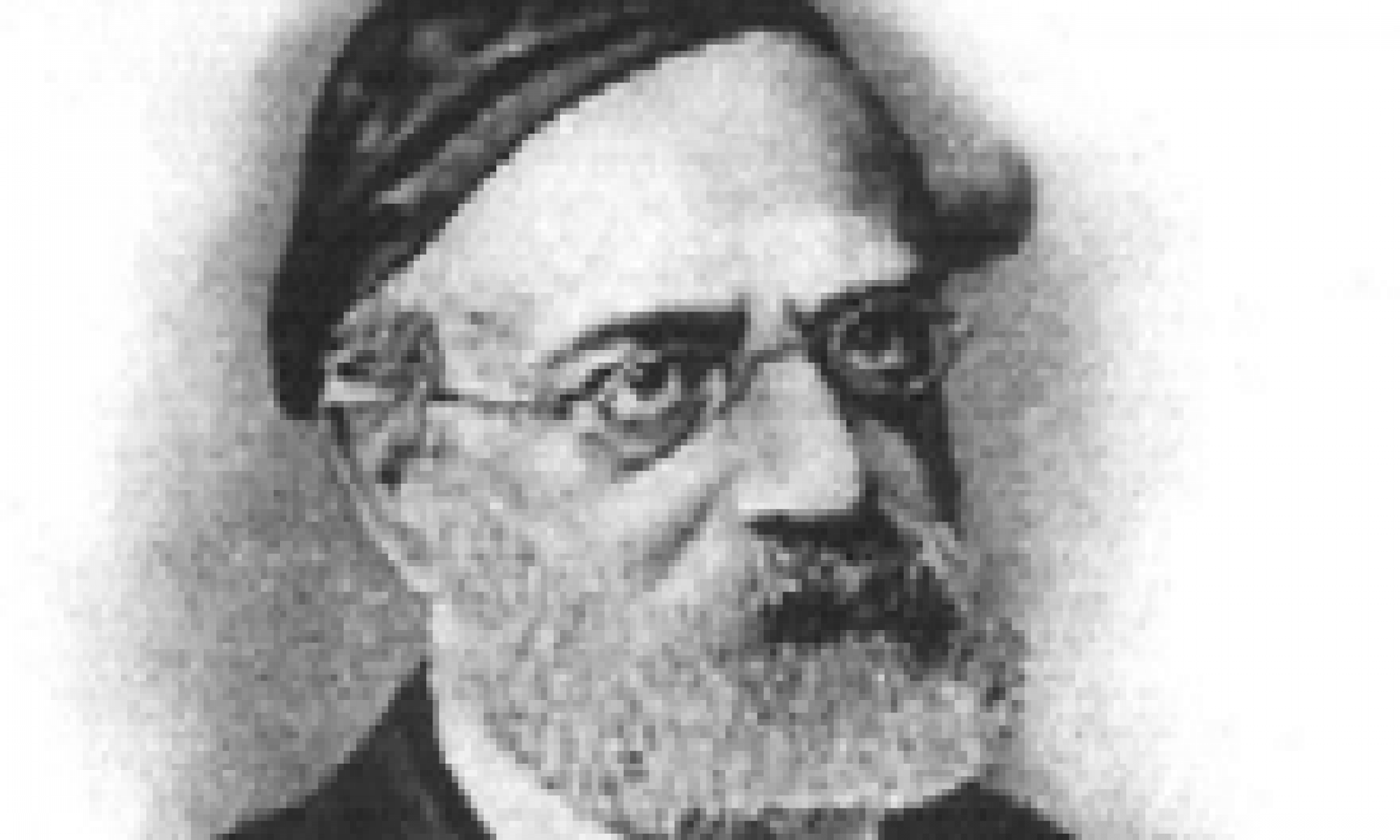(pages 181-185)
Edos are symbolic acts of the most fundamental truths of the Torah. By their daily or frequent performance, they form deep impressions on the soul.
They appeal to the mind as complete concepts (as compared to just words). They demonstrate to the community and the world, the belief in, and resolve to live by, these ideas.
Every detail of the Edos brings additional expression to these truths. (see RSRH’s famous explanation of how this is expressed in the laws of Shabbos on page 184).
The following Edos teach these basic concepts:
1) God is Creator and Lord of the Universe 2) everything belongs to Him 3) man is entrusted to guard and use everything according to God’s Will and 4) Yisrael was taught all the above by God in the Torah
• Bechor (mitzvos regarding the firstborn)
• Challah (separating some dough before its use)
• Orlah (forbidding use of newly planted fruit)
• Chadash (forbidding new grain until after the barley offering on Pesach)
• Shabbos (see page 184 for a detailed explanation)
• Yovel (laws of jubilee year)
• Shemittah (laws of sabbatical year)
• Teruma (tithes to the cohen)
• Bikkurim (offering of season’s first ripe fruit)
Edos of the Holidays
• Pesach, Shavuos and Sukkos, remind us that God is Creator and Guardian of Yisrael’s national body and spirit.
• Chanukah and Purim remind us that Guard is Yirael’s Guardian even in exile.
• Sefiras HaOmer remind us that 1) physical existence is only meaningful through the spiritual. 2) freedom is only attained through living by God’s law.
• Fast days remind us of the causes of exile. They also warn us to stay on guard of the sins that exile can further bring about.
Milah teaches us the sanctification of the body. It warns us against animal behavior.
Tefillin teach us to put our mind, body and heart into the service of HaShem.
Tzitzis serves us to 1) be aware of God at all times and 2) realize the limitations of human reason to protect us from sensuality.
Mezuzah teaches us to dedicate our homes and our lives in the service of God.
Matzah and Gid HaNasheh (forbidden sinew of the hip) remind us of the unique aspect of Yisrael; that we are meant to be poor is self acquired power and independence, to be able to carry out our task of being the recipient of Divine Providence.
Lulav, Sukkah and Ma’asros (tithes) teach us about the wise use of possessions.
Rosh HaShana, Yom Kippur, Shofar and Rosh Chodesh teach us to have self scrutiny in the context of the awareness that God is our King, Judge and our Father. They remind us that we forfeit our claim to life is we do not rededicate our lives to living more purely in the future.



One Reply to “NL13 – Edos”
Comments are closed.